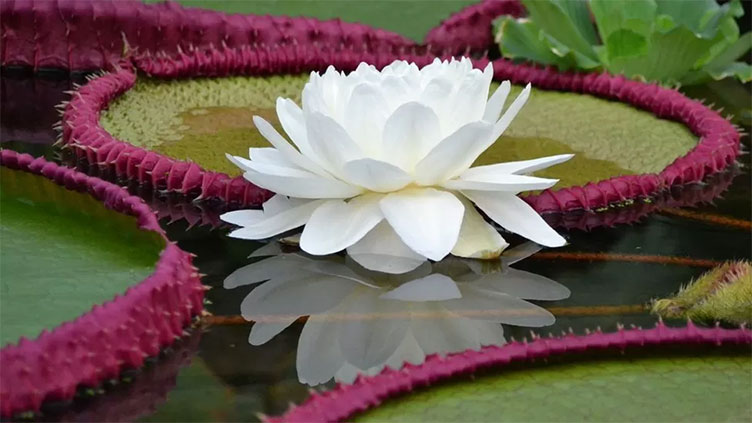Pressure on nature threatens many flowering plants with extinction

WeirdNews
Those under threat include orchids and varieties of pineapple
(Web Desk) - Forty-five per cent of the world's known flowering plants could be threatened by extinction, scientists have warned.
Those under threat include orchids, varieties of pineapple, and many important crop species.
Of the nearly 19,000 new plants and fungi species discovered since 2020, 77% are thought to be endangered.
The study by the Royal Botanic Gardens, Kew, examined research by 200 scientists in 30 countries.
Plants underpin every aspect of humanity, said Dr Matilda Brown, conservation specialist at RBG Kew.
But they are increasingly threatened by climate change and biodiversity loss.
"When we consider that nine out of ten of our medicines come from our plants, what we are potentially staring down the barrel at is losing half of all of our future medicines," Dr Brown said.
"Every species we lose is a species that we don't know what opportunities we're losing … It could be a cancer fighting drug, it could be the solution to hunger … And so to lose that, before we get a chance to study it would be a tragedy."
Researchers cross-referenced large data samples from the World Checklist of Vascular Plants, the most comprehensive database of plants currently available, with the International Union for Conservation of Nature's Red List of Threatened Species.
They drew up a series of extrapolated predictions about the risk of extinction.
Analysis of the data also suggests there may be 2.5m species of fungi in the world - with 90% yet to be discovered.
There is a backlog of around 100,000 new species of plants found by botanists that are still to be formally classified.
The Kew team says these should be automatically described as threatened unless proven otherwise.
Among recent discoveries are the world's largest giant waterlily (Victoriana boliviana) and the Queen's hedgehog mushroom (Hydnum reginae).
The report also identified more than 30 global "darkspots" in countries rich in wildlife that botanists haven't yet explored and mapped.
Many of these data sinkholes are in tropical Asia, including New Guinea and Vietnam.

